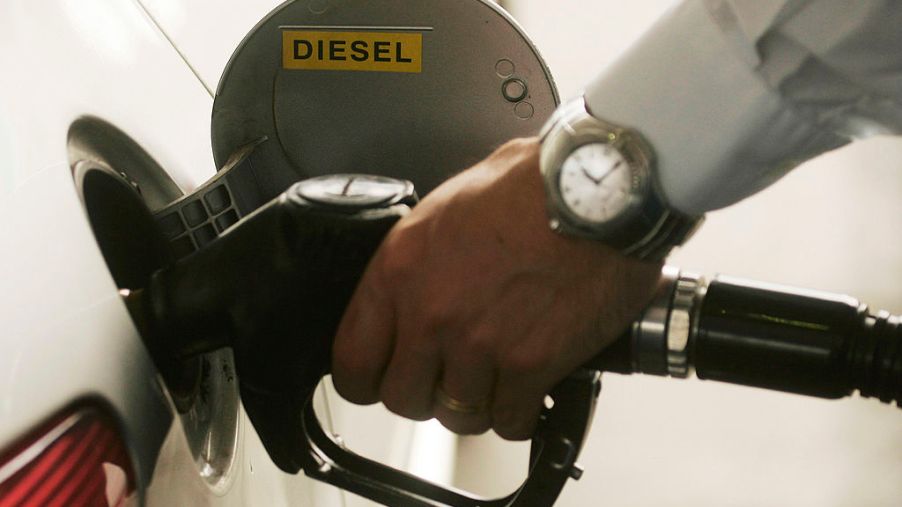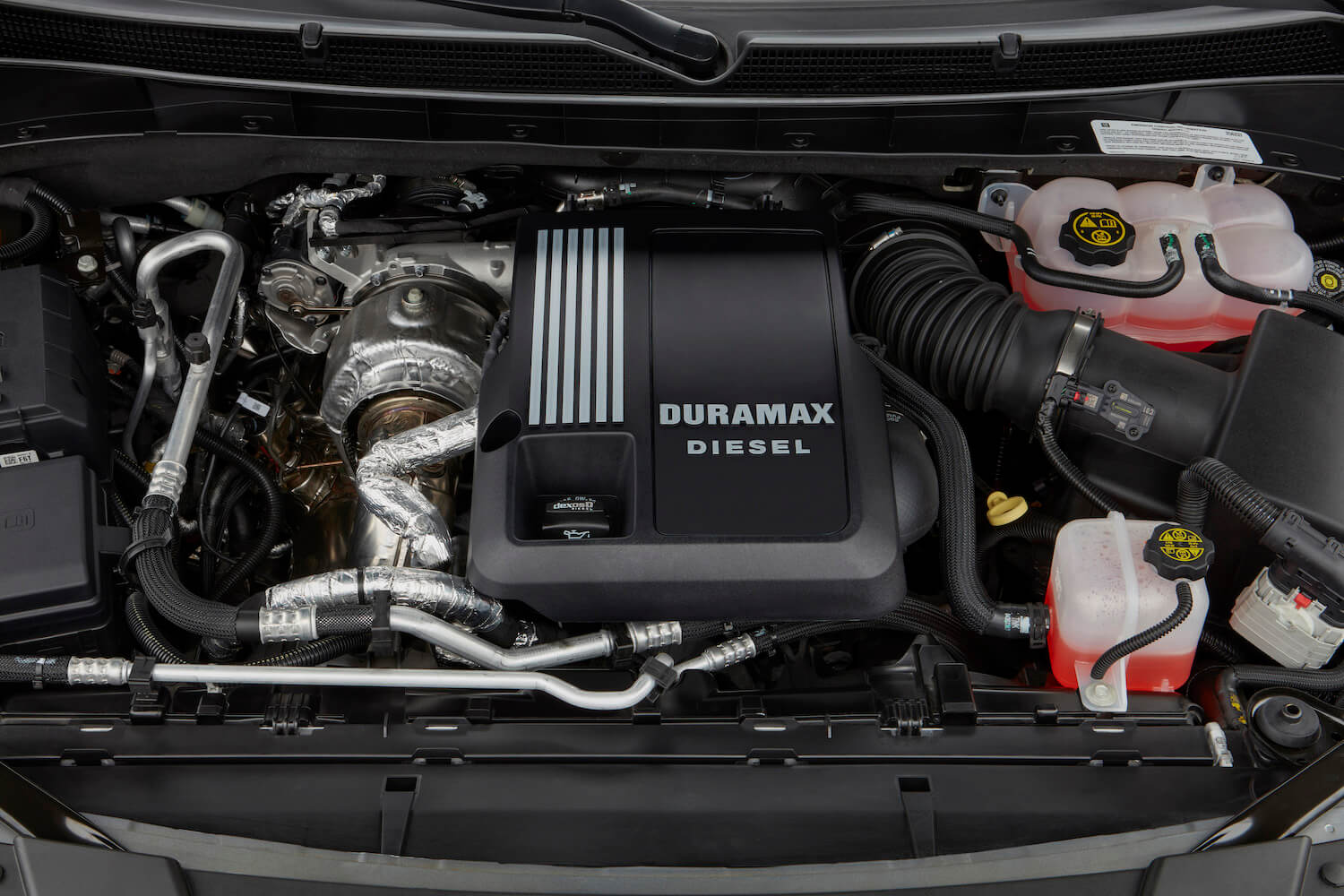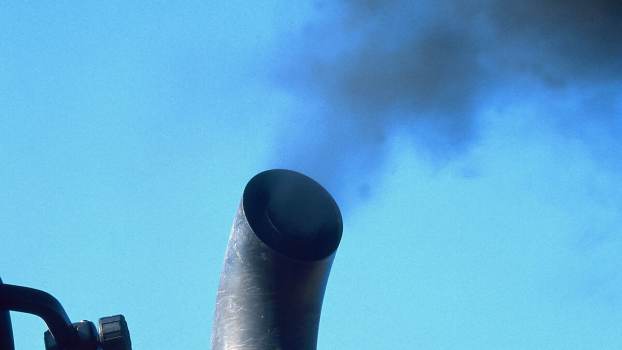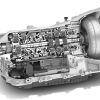
Why Are Diesel Engines More Reliable Than Gasoline Engines?
Diesel engines are an impressive show of engineering capability. They are regarded as some of the most reliable and durable mechanical creations. So naturally, they are used by some of the largest and most innovative motorized vehicles in the world. But what makes a diesel engine more reliable its gasoline counterpart? And how does a diesel engine have such a long performance life?
What makes diesel engines work so well and last so long?
It’s normal for your car’s gasoline engine to run for around 200,000 miles before it needs a serious overhaul, or you need a new vehicle. But diesel engines can continuously run for an impressive 1,000,000-1,500,000 miles before needing any major work. In fact, a well-maintained diesel engine can be on the road for 30 years or more.
According to Capital Reman Exchange, diesel engines are more reliable due to three main reasons:
- The overall design of a diesel engine
- The fuel a diesel engine uses
- The application in which diesel engines are widely used
The design of a diesel engine is gear-driven. Unlike other parts that can be broken or damaged, gears can be easily fixed and never lose timing. Most diesel vehicles may also make use of gear-driven water and oil pumps. This decreases the risk of parts and components failing, making diesel engines more reliable.
Vehicles that use diesel engines are generally built with heavy-duty components that can withstand the power of the vehicle, which means less wear and tear on every part of the engine.
Diesel engines are also great are self-cooling, which puts them at a significantly-decreased chance of overheating. Multiple sensors and thermostats are used, which means when one fails, there are others to keep the engine from overheating. Multiple piston-cooling nozzles also ensure that a constant stream of coolant is flowing freely through the engine.
In order to use its fuel to power itself, a diesel engine uses compression ignition. This occurs when diesel fuel and air are compressed enough to create heat, which causes spontaneous combustion. According to Digital Trends, this spontaneous combustion is far more advantageous for a reliable diesel engine.
The differences between the diesel and gas engines
So what makes a diesel engine so reliable compared to engines that run on gasoline? For starters, diesel and gasoline engines have significant design differences.
Diesel engines have much larger crankshafts, camshafts, and cylinders, as well as larger bearing sizes. This means that there is more room within the engine for more oil to move freely. The larger oil and coolant capacity of a diesel engine means there is better lubrication and less wear. In fact, the average gasoline engine will use around one gallon of oil, whereas a large diesel engine can use 15 gallons.
A gasoline engine is not gear-driven, which means is uses timing belts, chains, pumps, and other components that are easier to damage and fail more frequently. In addition to being better at self-regulating its oil and fuel temperatures, diesel engines generally also get better fuel economy and are considered better for the environment by some. According to OSV Ltd, they perform better because of a more powerful fuel injection system, better torque, and as a result of the diesel fuel itself.
Diesel is a lubricating fuel

Diesel fuel has the consistency of light oil, which means it lubricates as it flows through any cylinder. Gasoline, on the other hand, is more of a solvent. According to Indiana Diesel, this means that gasoline is more acidic than diesel fuel and can burn away at surfaces, causing corrosion and damage. Diesel fuel is far less volatile than gasoline, which can be ignited by only a spark.
Engines fueled by gasoline work best a higher rpms, often exceeding 6,000 rpm. Meanwhile diesel engines will often redline at 4,500 to 5,000 rpm, at most. And while this greater number seems like a good thing, gasoline engines do twice the work as diesel motors for the same performance. This is why gasoline-powered engines experience more wear and tear and diesel engines are more reliable.
Why don’t we see more diesel engines?
If diesel engines are reliable and better capable, why aren’t there more diesel engines on the roads? Just like with most consumer goods and products, because of the diesel engine’s superior build, it is also more expensive to make, buy, and maintain when compared with gasoline engines.
According to How Stuff Works, it is also inadvisable to have diesel engines in certain situations or locations where sub-zero temperatures are often or common. The fuel used for diesel engines is also not as readily available as gasoline, making the high-performing diesel engine harder to come by.



